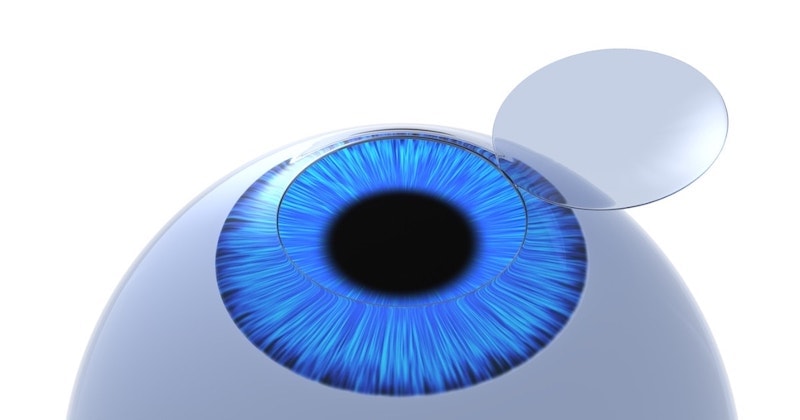Is LASIK Eye Surgery Painful?

If you are considering LASIK eye surgery, you may be wondering whether it is painful. While the procedure is typically not painful, you may experience double vision, inflammation, and glare. In this article, we'll discuss what you can expect. LASIK eye surgery is performed with femtosecond laser technology, which uses a cool ultraviolet beam to reshape your cornea. This surgery corrects your vision by improving how light focuses on your retina.
LASIK eye surgery causes discomfort
LASIK eye surgery causes discomfort after the procedure, but this is usually minimal. Some patients experience itching, tearing, and burning, but these effects are minor and generally go away in two to three days. If you are concerned about any discomfort, talk to your surgeon. Your surgeon will prescribe a pain reliever or suggest a liquid to use to calm your nerves. During the first few days after surgery, you should avoid strenuous activities, as you'll need to focus on healing.
After LASIK eye surgery, you'll probably have blurred vision for a few days. You may experience mild pain, and both eyes will likely tear. You should try not to rub your eyes, as this can dislodge the flap and require more treatment. You should also avoid dusty environments and driving at night for a few days. The surgery can also cause a bloodshot appearance in the whites of the eye.
LASIK eye surgery causes double vision
The problem of double vision can be caused by astigmatism or cataracts. In such cases, a qualified laser eye surgeon can determine the best treatment option for you. However, patients should note that LASIK for double vision is not suitable for all patients. People who are between 19 and 40 years old and have astigmatism are suitable candidates for the procedure.
After undergoing this procedure, patients may experience double vision after several weeks or months. The issue is generally temporary, and patients may need a second surgery to correct the problem.
LASIK causes inflammation
After undergoing LASIK eye surgery, you should expect to experience some inflammation. It is rare to experience inflammation, but it is possible. Most of the time, the inflammation is minor and goes away on its own. In severe cases, the patient may require additional surgery or use contact lenses or glasses. The doctor may prescribe antibiotic eye drops or anti-inflammatory eye drops to reduce the inflammation. In addition, the patient should avoid exposure to smoke, dust, and yard work.
The reason why LASIK eye surgery causes inflammation is unclear. Although no single factor is responsible for the inflammation, there are a number of possible causes. These include the presence of epithelial defects in the eye and the presence of bacteria. In both cases, inflammatory cells can accumulate in the flap and stroma, resulting in severe complications.
LASIK causes glare
One of the most common side effects of LASIK eye surgery is glare. This is a strange halo or glow that can appear around objects that are bright, shiny, or colored. This effect is often uncomfortable and may interfere with your vision. Halos are most common when looking directly at a light source or shiny object.
During the healing process, the cornea becomes very sensitive to light. This makes the eyes very sensitive to light and contrast. Once the cornea has healed, glare should lessen. However, it may last for several months after the procedure.
LASIK causes regressive vision loss
While some people may worry about vision regression after LASIK eye surgery, this is a rare complication. Typically, patients who experience regression experience under or overcorrection. In many cases, these conditions are easily corrected with contacts or glasses. However, some patients experience regression because their vision changes over time. This can require an enhancement procedure to correct the issues from the original surgery. Around ten percent of patients experience some regression after the first surgery. The reasons for this are varied.
Patients with certain health conditions or previous eye surgery may be a poor candidate for LASIK. For instance, if the patient suffers from diabetes or is pregnant, LASIK might not be the best option for them. In addition, diabetes can affect the healing of the eye. Also, patients with large pupils may have increased risk of complications. If these conditions are a concern, patients should discuss them with their eye surgeon before undergoing the procedure.
